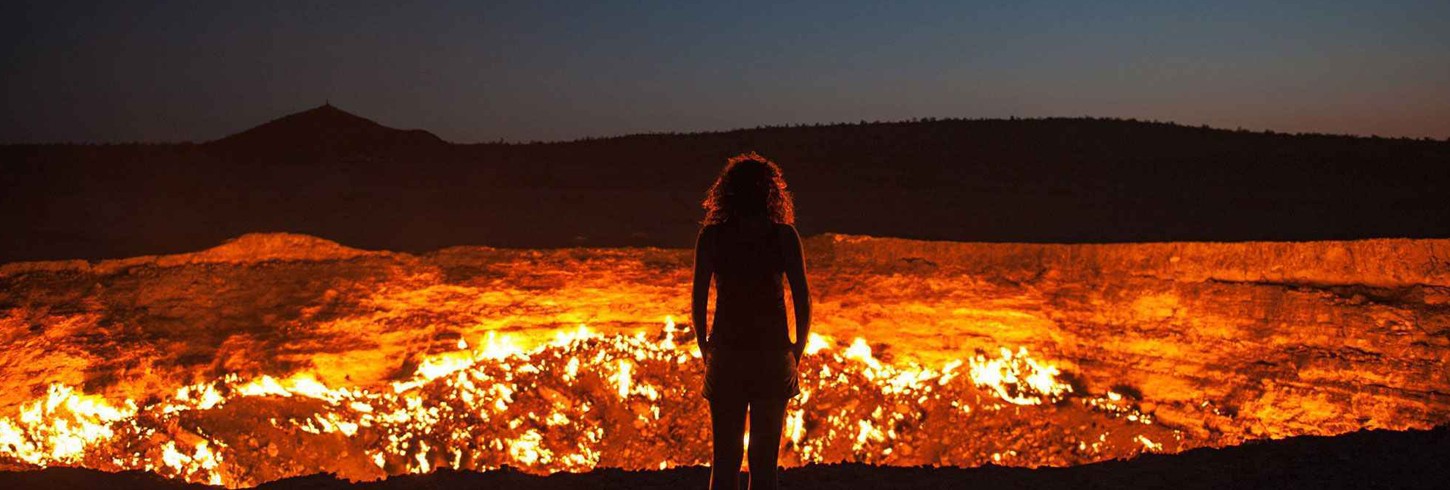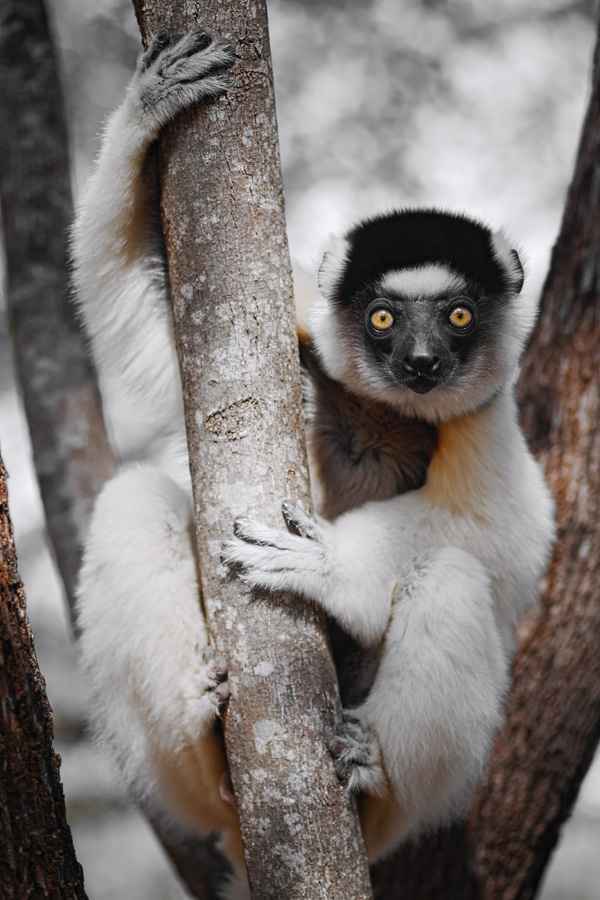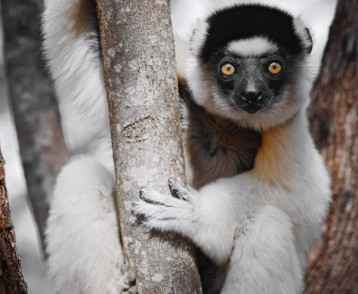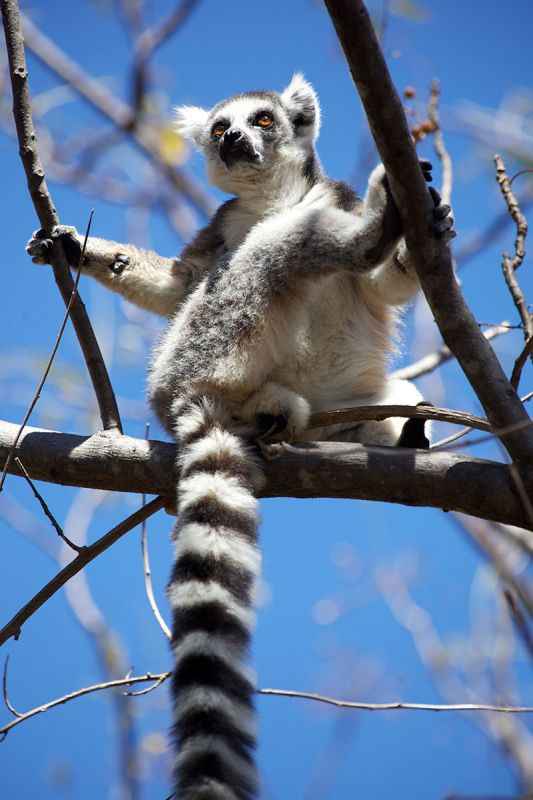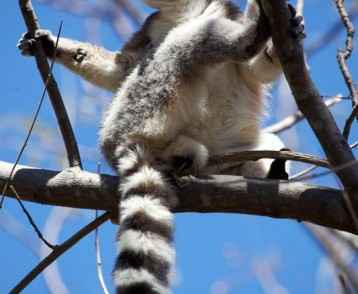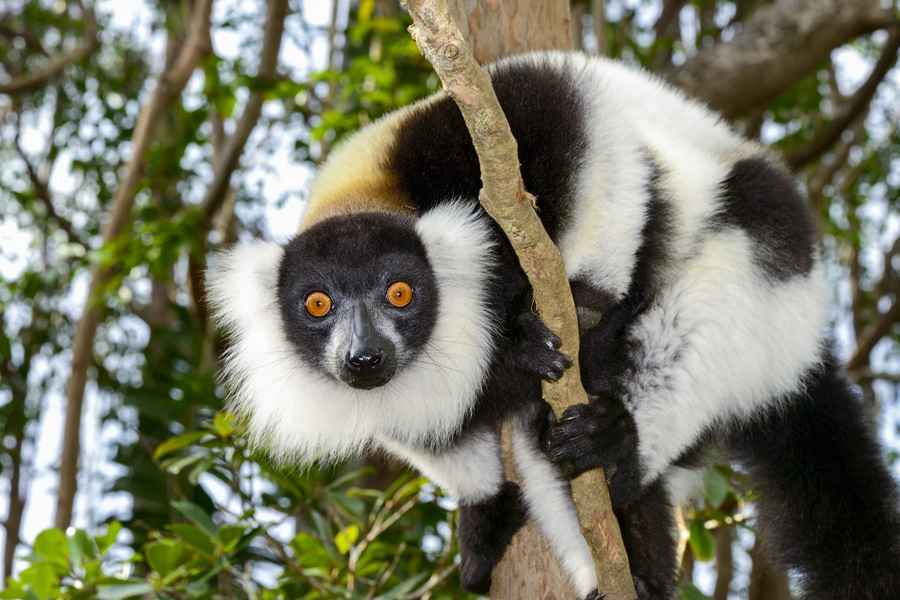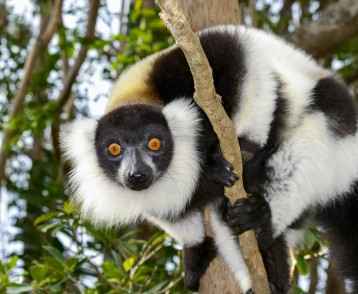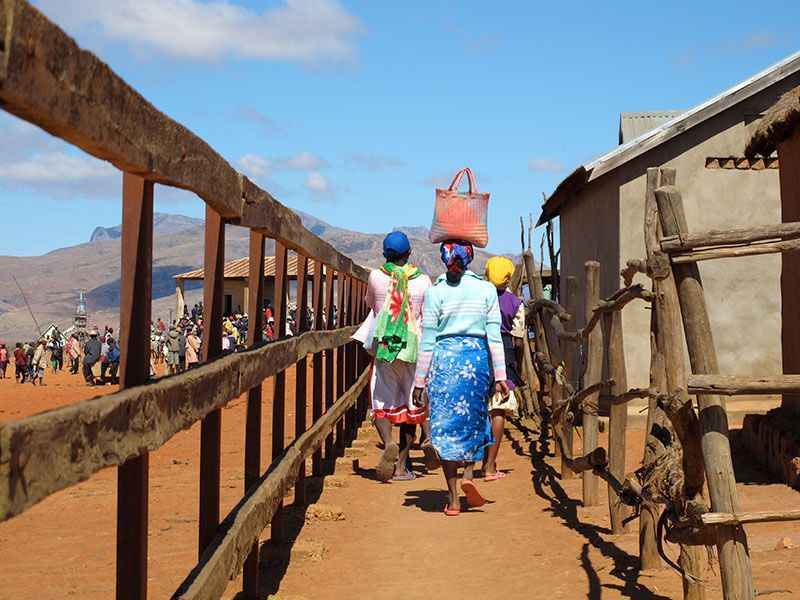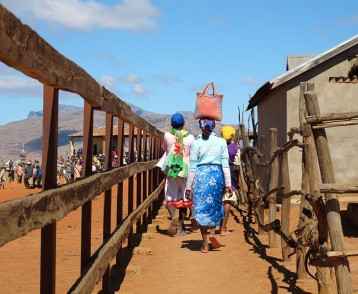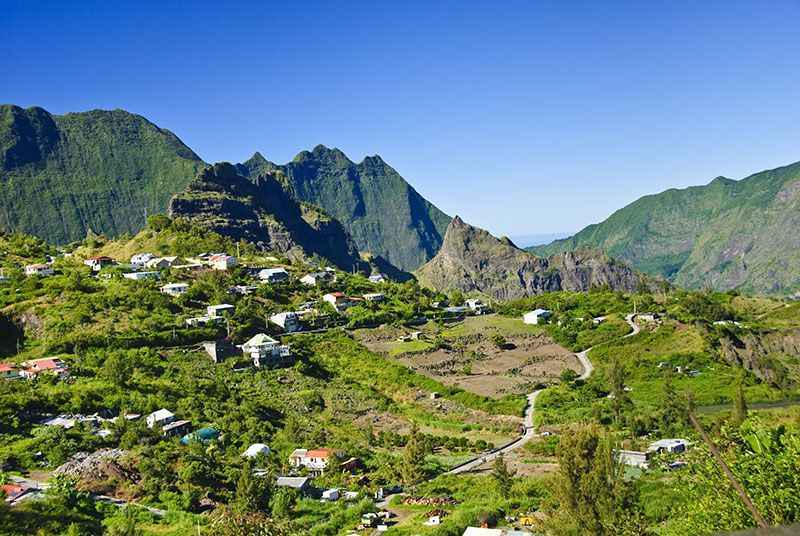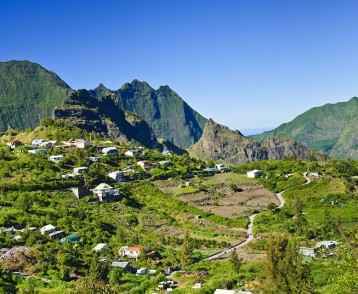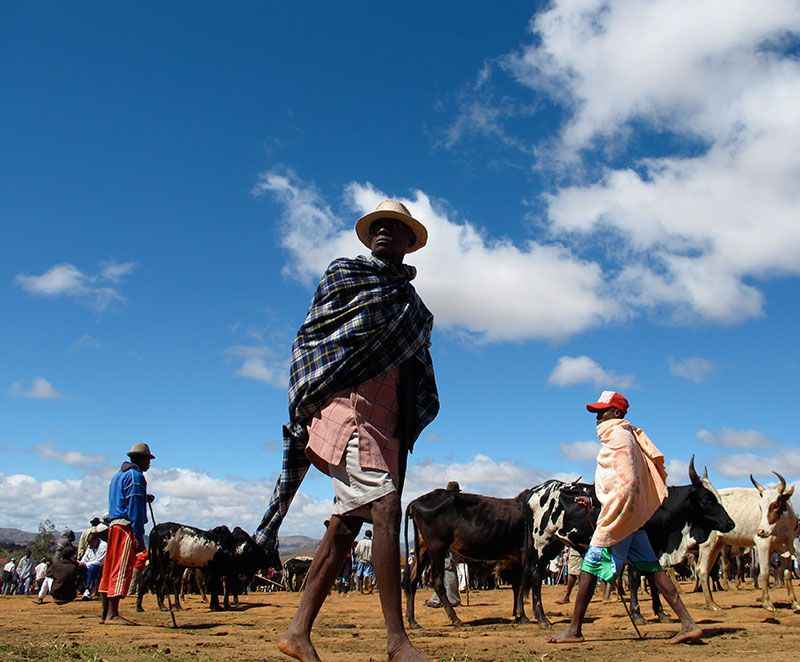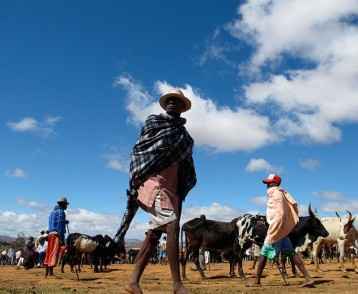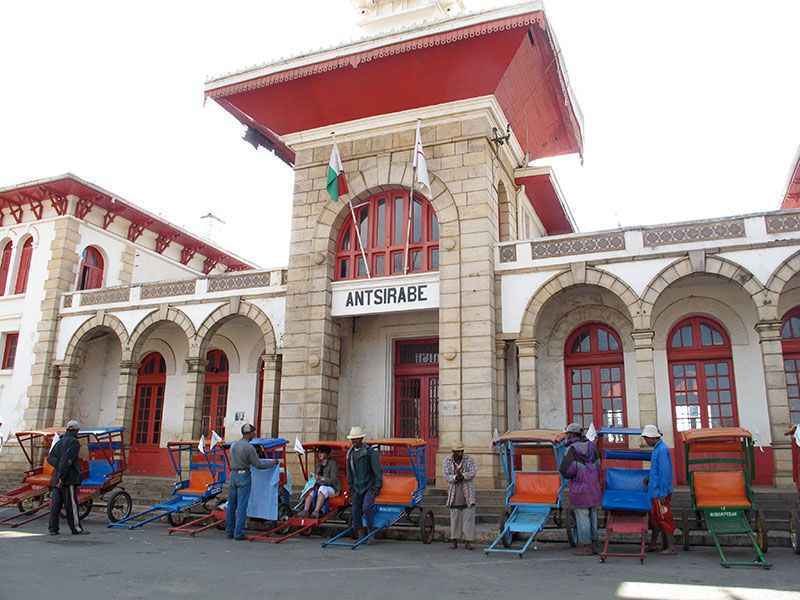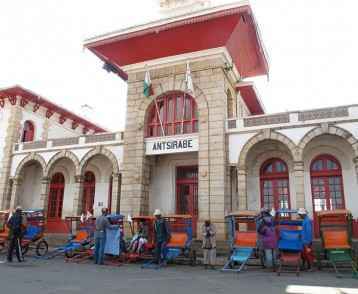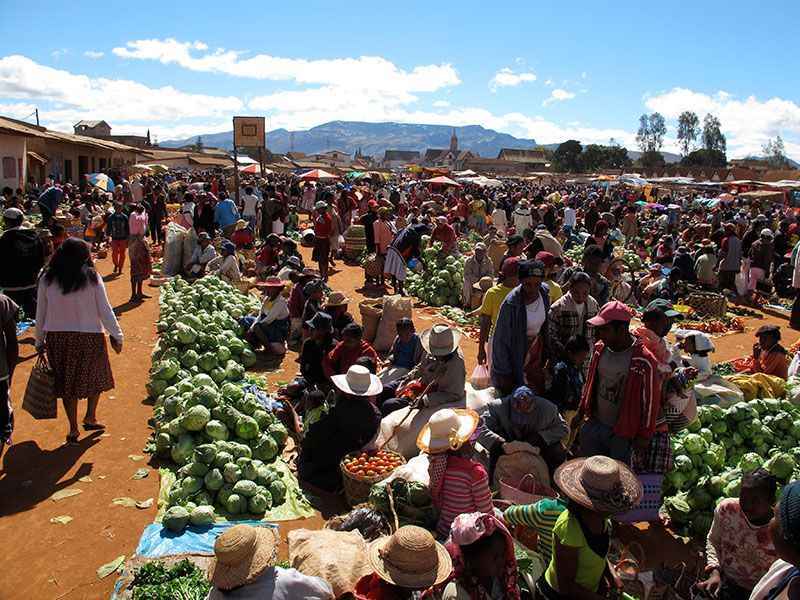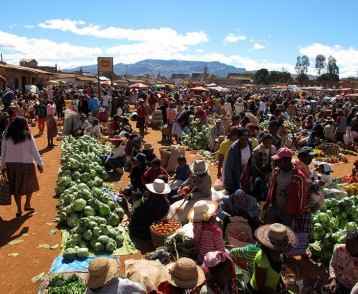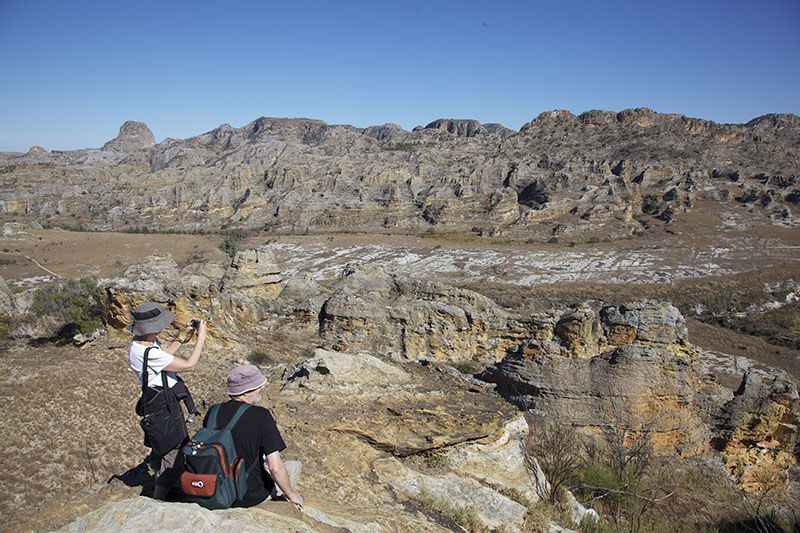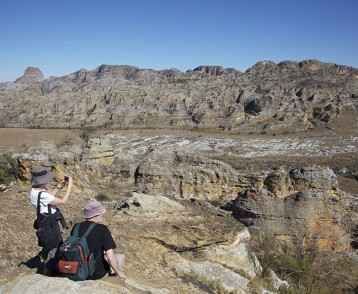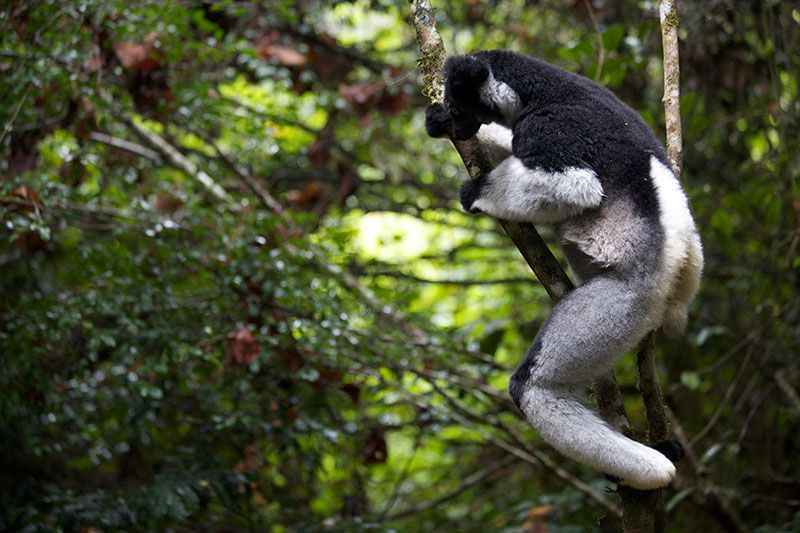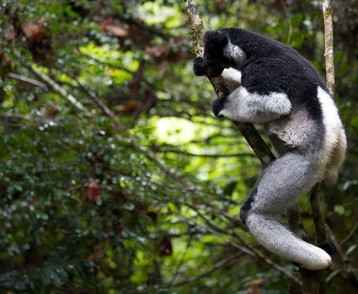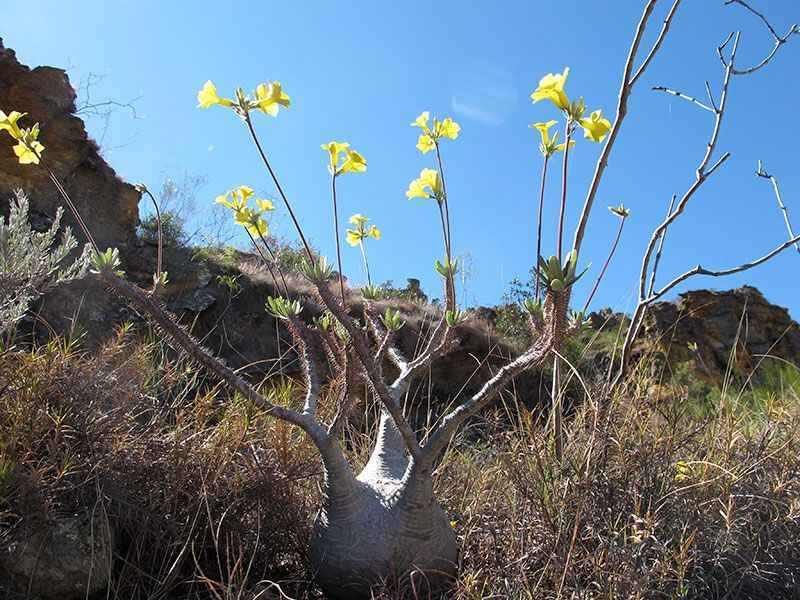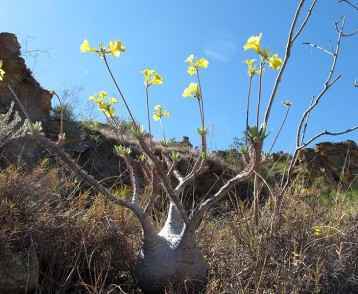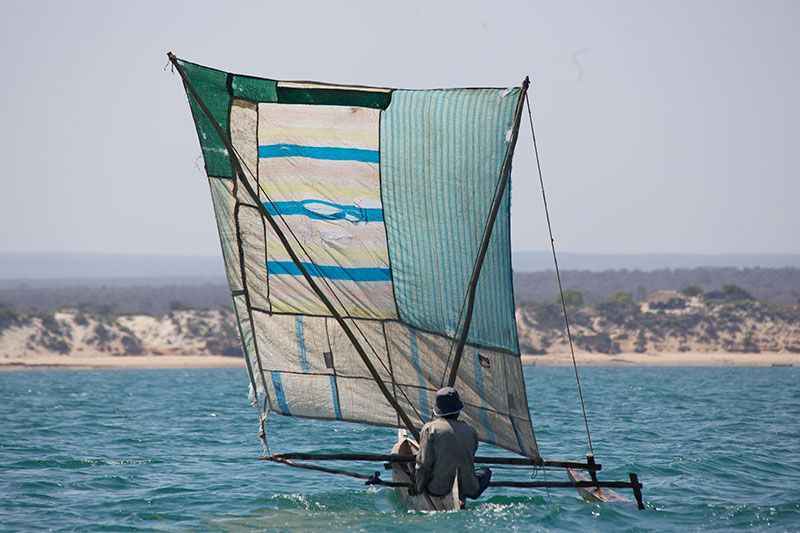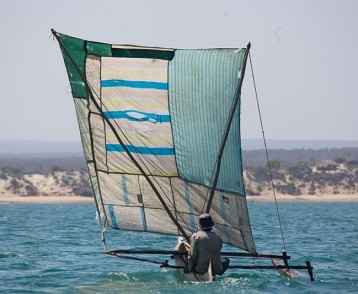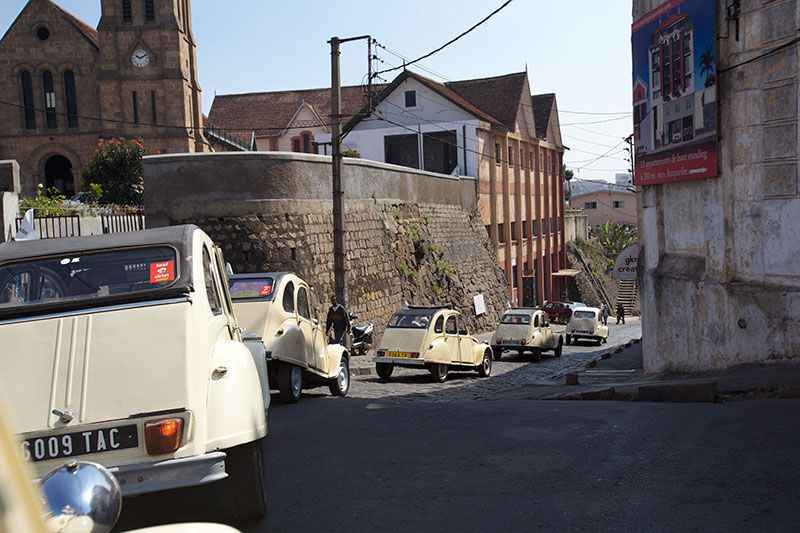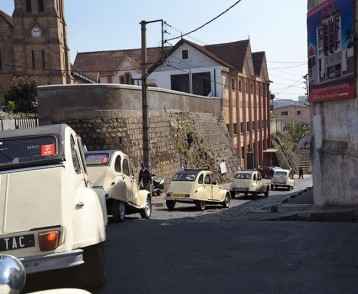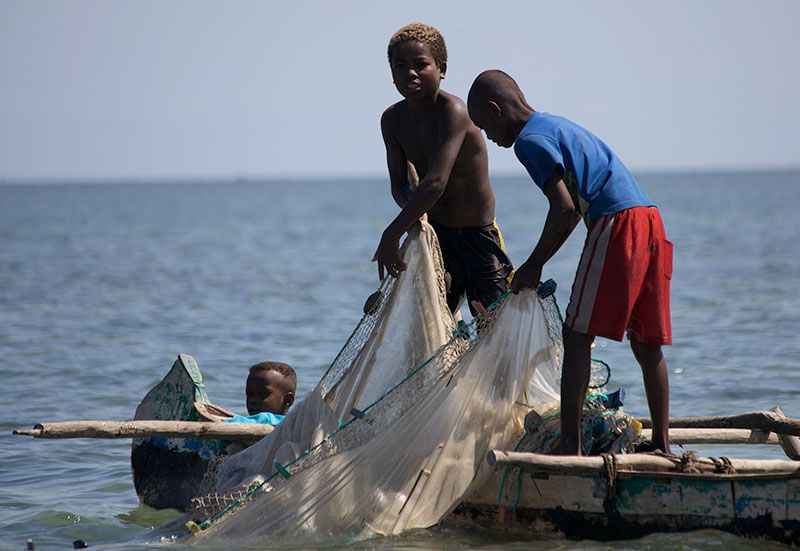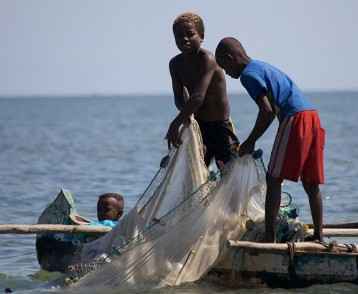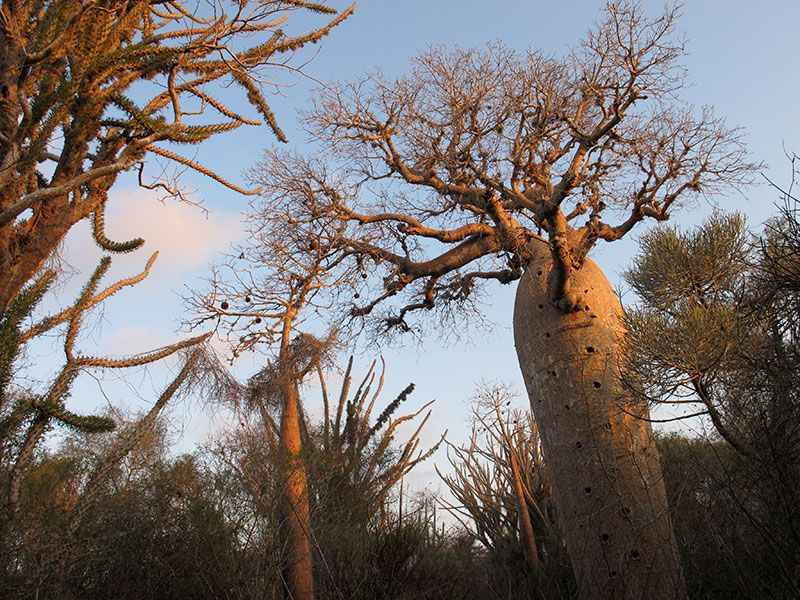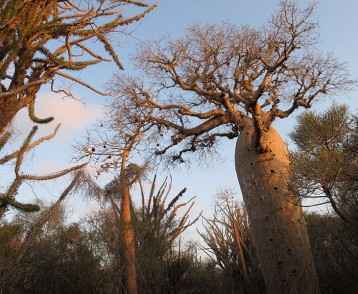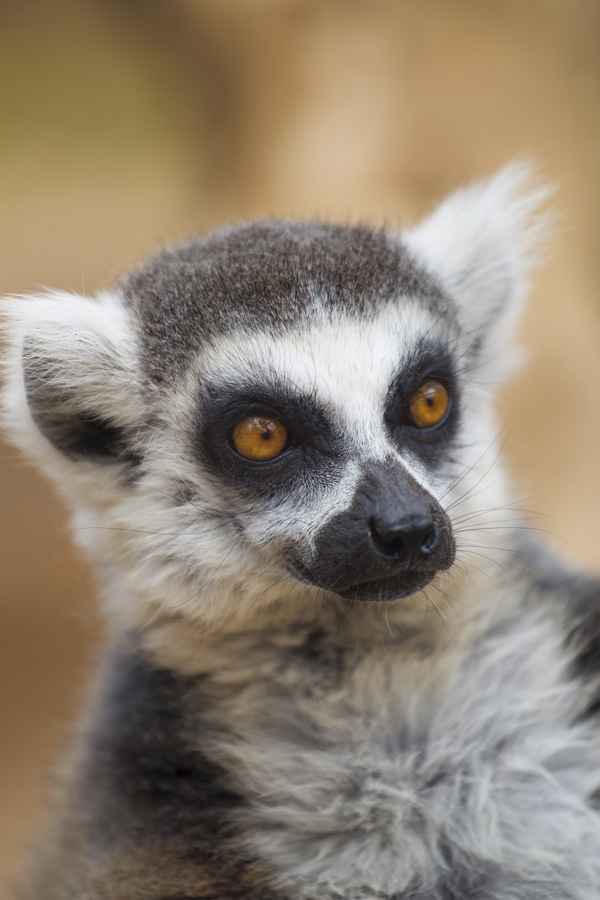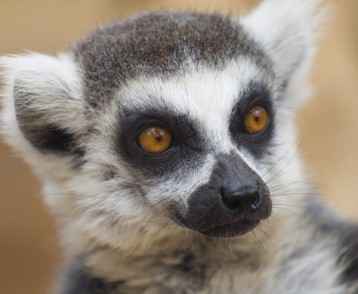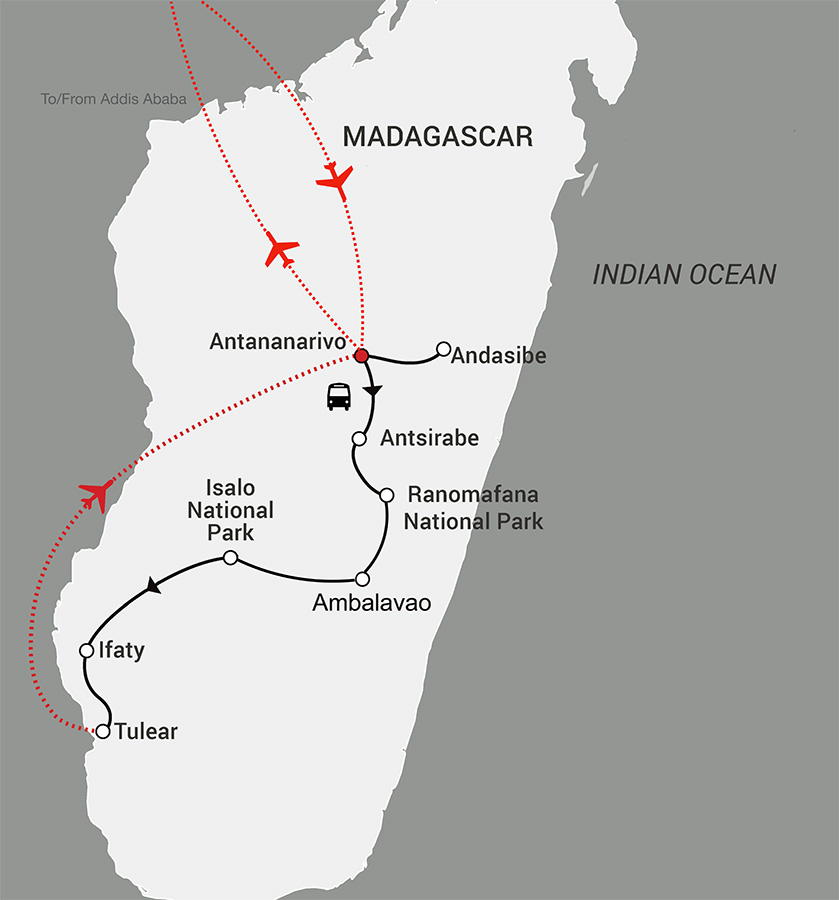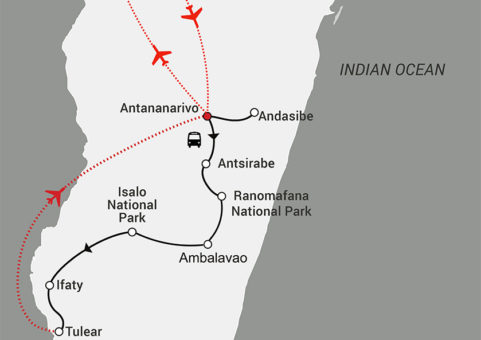Essential Madagascar
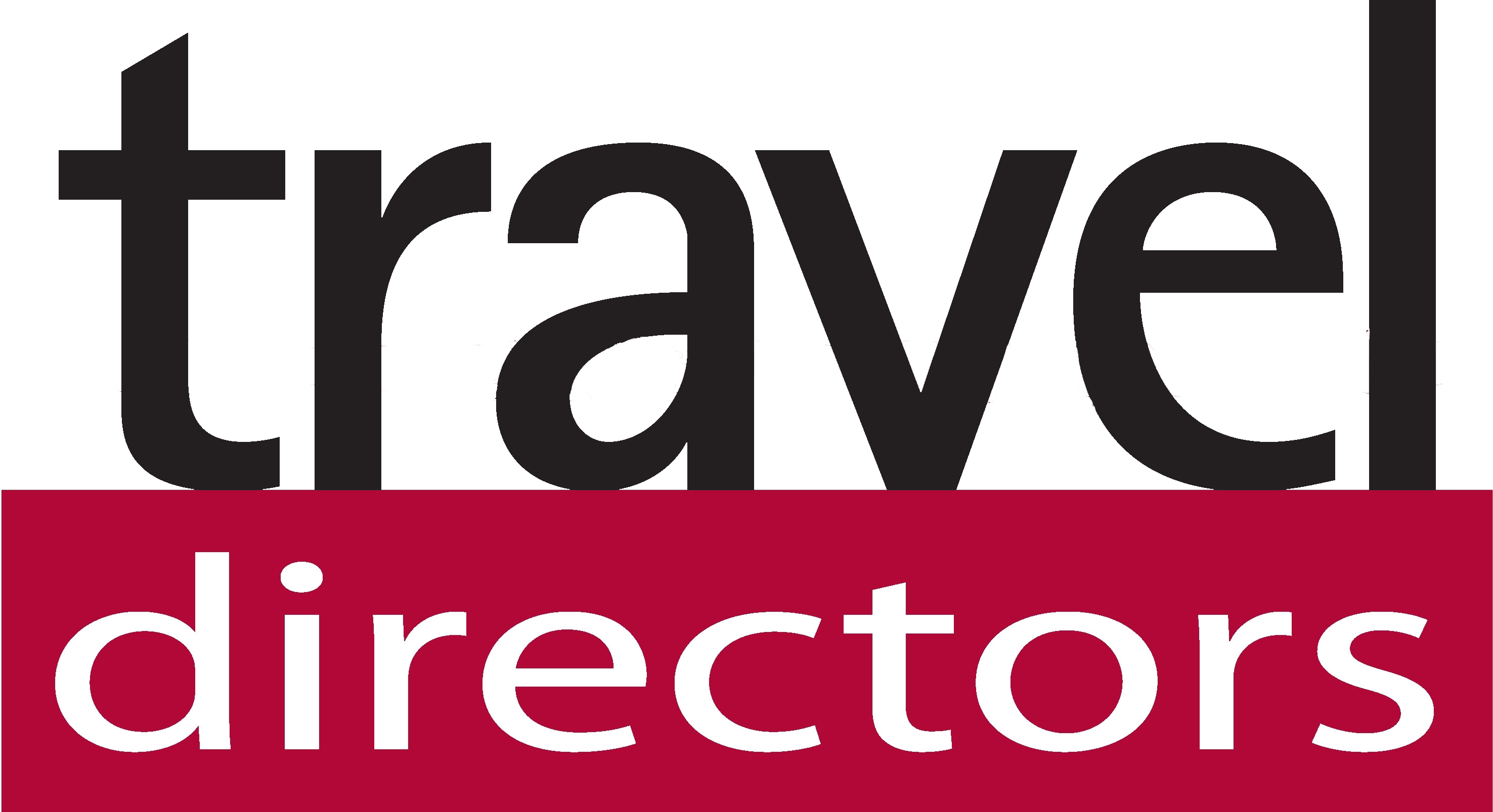

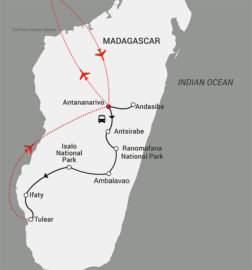
Essential Madagascar is a unique adventure visiting the remarkable island nation that broke away from the Gondwana supercontinent more than 150 million years ago. Our 19-day tour is an exciting mix of extraordinary flora and fauna, spectacular scenery and vibrant culture as we journey from the capital Antananarivo to the island’s southern tip.
The unique island of Madagascar is like somewhere out of a Jules Verne novel; there is simply no place like it on the planet! Millions of years of evolution have bestowed on Madagascar astonishing flora and fauna, of which 80% can be found nowhere else on earth. We explore the vibrant capital, Antananarivo – affectionately known as ‘Tana’ by the locals – before heading to the central highlands and the southern part of this extraordinary island. Flying back to Tana, we then head by road to Andasibe where we visit Lemur Island and meet the unique Indri Lemur – the largest of all lemurs, often described as looking like a four-year-old in a panda suit, due to its upright posture. Along the way we absorb the music, dance and culture of the Malagasy people as our Tour Leader, Diary, guides us with warmth, care and humour through his remarkable homeland.
Tour Fitness Level: Active
Madagascar
- Full day tour of Tour Madagascar’s capital city ‘Tana’
- Exclusive visit to a Madagascan family
- See the endemic golden bamboo lemur in the rainforest of Ranomafana
- Bask in the world-class accommodation of Jardin du Roy, Isalo
- Visit the vibrant Zebu market at Ambalavao
- Wander through the ancient and ‘other-worldy’ vegetation of Isalo National Park
- Watch fishermen unloading their catch on a remote beach in southern Madagascar
- Hear the early morning howls of the endemic Indri lemur from our exclusive lodge
- Visit Lemur Island and enjoy the joyful experience of lemurs interacting with our group
- Get the most from your Madagascar experience with Travel Directors’ expert guides and naturalists throughout the tour
Inclusions
- All flights between Australia and Africa
- All flights within Africa
- All ticketable air taxes (may be subject to change)
- All national park entrance fees
- All accommodation (based on twin share)
- All meals as specified
- Travel Directors’ tour escort throughout
- Expert local guides
- All entrance fees in specified sightseeing
- All local sightseeing as per itinerary
- Visas
- All tips and gratuities
Please note that whilst every effort will be made to adhere to the above pricing, currency fluctuations beyond our control can affect final tour costs. A booking form is to be completed by all passengers, and a non-refundable deposit of AUD $3,000 paid at the time of booking. All escorted tours are based on a minimum group size of 10 people travelling.
11/05/2025 Australia – Dubai
Depart from your chosen capital city on your flight to Dubai.
12/05/2025 Dubai – Mauritius
Depart Dubai Emirates EK 703, 10.05
Arrive Mauritius 16.40
On arrival in Mauritius we transfer to our hotel for our overnight stay.
Holiday Inn Mon Tresor
Mauritius
13/05/2025 Mauritius – Antananarivo (BD)
Depart Mauritius Air Mauritius MK 288, 14.20
Arrive Antananarivo 15.15
On arrival into Antananarivo we transfer to our hotel which is located in a district known as ‘Little Paris’.
Hotel Colbert
Antananarivo
14/05/2025 Antananarivo (BLD)
This morning we head out to the UNESCO World Heritage site of the Summer Palace of Ambohimanga. This is the palace considered to be the cradle of Madagascar and from where the King, in the 1780s, proclaimed that ‘only the sea is the limit of my kingdom’.
15/05/2025 Antananarivo (BLD)
Antananarivo – or Tana, as it is affectionately known by locals – is a terraced city of low-rise buildings which form a labyrinth of arches, narrow paths, balconies and staircases. Today we embark on full day tour of this exciting city.
16/05/2025 Antananarivo – Antsirabe
Leaving Tana behind we drive south, passing through typically beautiful highland country. Here the landscape is dotted with beautiful valleys and rice paddies and we have many photographic opportunities as we head towards Antsirabe. The third biggest city in Madagascar, Antsirabe it is the rickshaw capital of the island and, after lunch, we take a sightseeing tour of the city by rickshaw and discover some of the amazing arts and crafts of the Malagasy people.
Royal Palace Hotel
Antsirabe
17/05/2025 Antsirabe (BLD)
Today we immerse ourselves in Malagasy culture which is characterised by singing, dancing and kinship. We visit a local family and learn about their traditions and customs, and experience a unique hospitality from our hosts.
18/05/2025 Antsirabe – Ranomafana National Park (BLD)
Heading further south, we soon reach the woodcarving town of Ambositra. We stop here to see perhaps some of the most unusual and skilled craftsmanship to be found anywhere in the world. Some of the intricate carving and inlay work is simply stunning. Soon after Ambositra we start to see people dressed in the traditional clothing of the area, the colourful pancho lamba. Reaching the turnoff for Ranomafana National Park, we follow the Namorona River to arrive at our destination. As night falls we take a walk into the National Park to discover frogs, chameleons and the nocturnal mouse lemur, which is the smallest primate in the world.
Centrest Hotel
Ranomafana Village
19/05/2025 Ranomafana National Park (BLD)
Today is a special one, as we enter the magnificent 41,000-hectare rainforest that is home to the golden bamboo lemur. Discovered only in 1986 and found nowhere else in the world, this lemur feeds exclusively on a native bamboo, which contains cyanide and is found only in this area. This rainforest is also home to a dizzying array of reptiles and other species of lemur including red-bellied lemurs and the amazing Milne Edwards Sifaka, commonly known as the chocolate lemur. Ranomafana is also a paradise for birdlife, much of it endemic to Madagascar.
20/05/2025 Ranomafana National Park – Ambalavao (BLD)
Today we take a short drive to the rustic town of Ambalavao. In a granite and almost desert landscape, Ambalavao is a beautiful small town that is typical of the Central Highlands where the houses have wooden balconies with elaborate balustrades. The town is known for its paper making, which dates back to the 16th century. Ambalavao is also renowned for an extraordinary Zebu market which takes place every Wednesday, beginning early morning. This is a highlight of our day tomorrow.
Aux Bougainvillea Hotel
Ambalavao
21/05/2025 Ambalavao – Isalo (BLD)
In Madagascar, the zebu is a symbol of wealth and power. This sacred animal is often given as a dowry at weddings, and is also used as a means of transport, but also for special occasions. This morning we visit the remarkable Zebu market, where these animals are traded. Herders come from miles around to buy and sell these animals, and it is a lively and exciting spectacle. Leaving Ambalavao, we continue our drive south through the highlands. En route to Isalo we stop at Anja Park, a community-owned reserve that is home to the ring- tailed lemur – the national animal of Madagascar – and many species of bird, including the Madagascar hoopoe and crested drongo. We then continue across the Horombe Plateau where the vegetation and landscape change dramatically. Finally we descend to the fringes of Isalo National Park.
Hotel le Jardin du Roy
Isalo
22/05/2025 Isalo (BLD)
Encompassing the entire length of the Isalo massif, this 81,000-hectare national park is characterised by vast eroded sandstone formations. Along the trail there are some Bara burial sites that line the path as it passes through scenery resembling the Grand Canyon. Soon we descend further and come across an oasis where tumbling waterfalls form a natural swimming pool. This kingdom is home to an amazing array of flora, which is unique even in Madagascar. After lunch we return to our hotel where the afternoon is at leisure. Early evening we venture out to ‘La Fenetre de l’Isalo’ – a natural sandstone outcrop shaped like a window, which offers wonderful photographic opportunities as the sun goes down.
23/05/2025 Isalo – Ifaty (BLD)
After breakfast we start our journey to the southwest of the island. Along the way we see the big colourful tombs of the Mahafaly tribe, and visit a local rum-making village. Soon after we see our first ancient Baobab trees as we enter the silver grey spiny forest which finally gives way to the azure waters of the Mozambique Channel. After lunch in Ifaty we explore the incredible botanical gardens where we can see Octopus trees and Baobab trees the height of skyscrapers! The vegetation of this park is 90% endemic to Madagascar.
Ifaty Beach Club
Ifaty
24/05/2025 Ifaty (BLD)
The economy in and around Ifaty is centred on fishing. For generations the people of this area have fished employing the same traditional techniques that are used today. We visit the fascinating village of Ambolimailaka and meet fishermen and local Vezo people who inhabit this part of the island. A unique part of the country, this is a fantastic opportunity to experience the ‘Zanzibar quarter’ of Madagascar.
25/05/2025 Ifaty – Tulear – Antananarivo – Andasibe (BLD)
This morning we have some free time before transferring to Tulear airport for our domestic flight to Tana.
Depart Tulear Air Madagascar MD 715, 11.10
Arrive Antananarivo 12.15
On arrival we transfer to Andasibe. The drive takes us through granite outcrops and then through a mosaic of paddy fields and lovely Merina villages that form the highlands of Madagascar.
Adasibe Hotel
Andasibe
26/05/2025 Andasibe (BLD)
Perhaps the most important national park in Madagascar, Analamazaotra is home to the largest lemur in the world, the Indri. Entirely endemic and unable to exist in captivity, this vegetarian lemur resembles a panda. It has no tail, walks on two legs, and can reach a height of more than three feet. It is sometimes described as looking like a four-year-old in a panda suit. The Indri is monogamous and when one partner dies, the other will continue mourning for its spouse for the rest of its life. The Indri is found only in this park and today there are only about thirty families in existence. This afternoon we travel to the Perinet Reserve where we visit Lemur Island. Here we have the opportunity to interact with the five species of semi-tame lemurs that live here.
27/05/2025 Andasibe – Antananarivo – Mauritius (B)
This morning we drive back to Antananarivo, and transfer to the airport for our flight to Mauritius.
Depart Antananarivo Air Mauritius MK 289, 17.00
Arrive Mauritius 19.45
Depart Mauritius Emirates EK 704, 21.50
28/05/2025 Dubai – Australia
Arrive Dubai 04.25
On arrival in Dubai we connect with the flight to our chosen Australian city.
29/05/2025 Arrive Australia
We arrive back in Australia today.
How safe is Madagascar?
In Madagascar, sensible precautions should be taken in the capital, Antananarivo, as with most large cities. Outside of the capital, the situation is secure.
If I travel alone, do I have to pay the single supplement?
If you wish to have sole use of a hotel room on the tour, you will need to pay the single supplement. If you are travelling alone but willing to share a room, we will endeavour to match you up with another solo traveller of the same gender. We cannot guarantee that a share-match can be provided, and in the event that this cannot be arranged at the time of final payment, you will need to pay the single supplement.
This tour is listed as strenuous. What is the reason?
We visit three of Madagascar’s national parks, which can only be reached on foot. Each national park will require a hike of up to 5kms and the terrain in Ranomafana is particularly hilly.
What kind of clothing should I take?
Temperatures in Madagascar, particularly in the highlands, can be surprisingly cool, although the days are typically warm and sunny. Mosquitos are most prevalent in the early morning and evening, so long-sleeved shirts and long trousers should be worn at these times. Earthy-coloured clothing is best for walks in the national parks and we recommend bringing two pairs of comfortable walking shoes/boots and a good fleece.
How much spending money do I need for the entire trip?
Because almost everything is included, 500 Euros per person is usually ample for the whole journey. However, if you’re a keen shopper and like to buy lots of gifts and souvenirs, you may require more.
Are credit cards acceptable?
ATMs are not easy to find outside the capital, Antananarivo, and therefore should not be relied upon as a main source of funds.
Do I need vaccinations for this journey?
We recommend vaccination for typhoid, hepatitis A & B, diphtheria and tetanus. You should also seek advice from your doctor.
Is the water safe to drink en route and what is the general standard of hygiene?
We err on the side of caution on all of our tours and advise travellers to drink only bottled water. This is easy to obtain everywhere. The general standard of hygiene is surprisingly high, and as with all of our tours, we hand pick all of our restaurants for their quality and safety.
What is the climate like at the time we travel?
The weather can be cool in the early morning and evening, but generally ranges from 12-26 degrees. We recommend taking a good warm fleece for the evenings.
Do I need visas?
An Australian or British passport holder will need a visa for Madagascar which is granted on arrival at Ivato airport, Antananarivo. The cost of the visa is included in the tour price.
A lot of companies have many expensive optional extras on their tours. Do you?
We do not believe in a lot of expensive ‘optional tours’. Our itineraries are designed to make the best possible use of time and to include all the must-see sights, plus additional surprises. Therefore, practically everything is included in the tour cost.
What is the infrastructure like in Madagascar?
The infrastructure in Madagascar has steadily improved in recent years. Hotels and roads are generally of a good standard. Indeed the country is moving quickly towards a first-class tourist infrastructure with some resorts of a world-class standard.
What currency should I take?
The currency for this journey is Euros. They should be in low denominations, clean and undamaged.
Are there internet facilities available en route?
In Antananarivo internet facilities are available, however in the country areas there is limited or no internet access.
Do mobile telephones work?
Both Telstra and Optus have partner networks in Madagascar.
How much should we tip the guides and porters?
There is no need to tip guides or porters as all tipping and gratuities are included in the tour cost.
Listed below is a selection of books which you may wish to read prior to, or during, your journey.
Madagascar: A World out of Time
Frans Lanting
Lemurs of Madagascar
David Meyers
The Remarkable Baobab
Thomas Pakenham
Madagascar
Hilary Bradt
The Primates of Madagascar
Ian Tattersall





